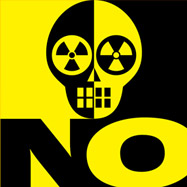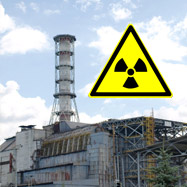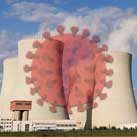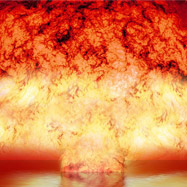The Biden Administration and the Future of ‘No First Use’
Although the ideas of nuclear arms control, nuclear security and nuclear disarmament have featured in several US official statements and joint statements with other countries, will US adopt the ‘No First Use’ policy, remains to be seen.
- Rajiv Nayan
- December 28, 2021













